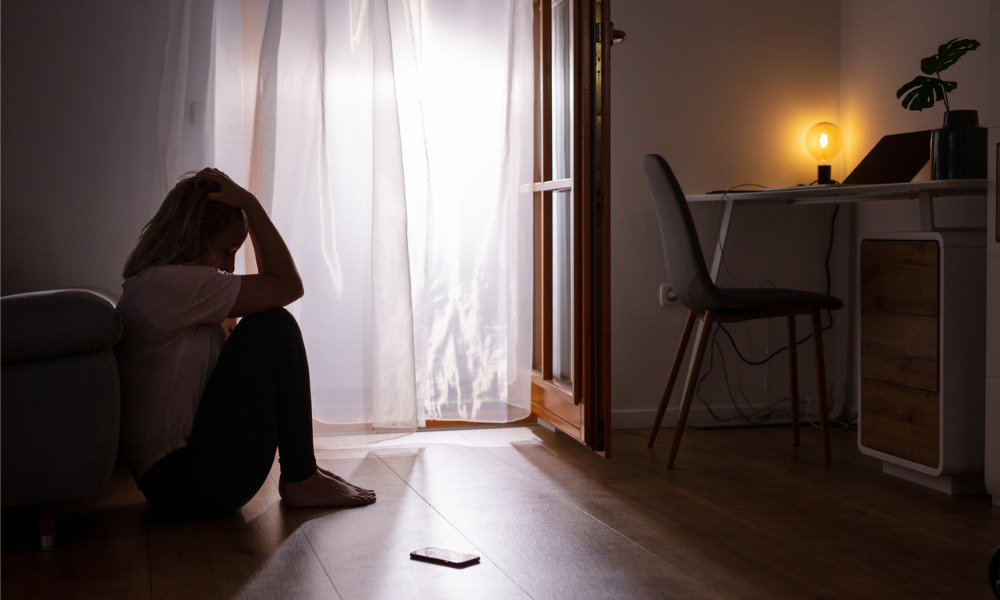
Programme covers close contacts, and suspected, probable, and confirmed cases of COVID-19

The Philippine Department of Labour and Employment is urging employers from the private sector to provide paid isolation and quarantine leave programmes to staff amid the spread of the Omicron variant in the country. In its Labour Advisory No. 1, signed by Labour Secretary Silvestre Bello III, the said paid leave programmes should be in addition to existing leave benefits under the company.
"Employers are urged, in consultation with the employees or employees' representative if any, to adopt and implement an appropriate paid isolation and quarantine leave programme on top of existing leave benefits under the company policy, Collective Bargaining Agreement, the Labour Code of the Philippines, and special laws," the advisory read.
Eligible for the isolation and quarantine leave benefits are employees considered close contact, suspect, probable, or confirmed cases of COVID-19 who need to undergo home-based or facility-based quarantine or isolation, according to the advisory.
"The paid isolation and quarantine leaves shall be without prejudice to other benefits provided by the Social Security System and the Employees' Compensation Commission," it added.
DOLE said the advisory will apply to all establishments, employers, and their employees in the private sector.
Read more: Philippine government offices get greenlight to reduce on-site workforce
The Philippine Health Department confirmed last week the community transmission of the highly transmissible Omicron variant, as the country reports new record-high cases over the past week.
To reduce the burden on the healthcare system and ensure the availability of essential services, the government has shortened quarantine for fully vaccinated asymptomatic close contacts to five days, with self-monitoring until 14 days.
Asymptomatic and fully vaccinated confirmed cases, on the other hand, shall isolate for at least seven days from sample collection date. It can be discontinued without testing if they remain asymptomatic during the whole recommended isolation period.
Those with mild symptoms who are fully vaccinated shall need to isolate for at least seven days and can discontinue if their fever disappears for at least 24 hours without medication and their respiratory symptoms improve.
Unvaccinated or partially vaccinated patients will have to endure longer isolation period than their vaccinated counterparts, but this will vary if they are asymptomatic or suffering from mild symptoms.
Meanwhile, those with moderate symptoms will be isolated for at least 10 days, while those with severe and critical symptoms will be isolated for at least 21 days. This is regardless of vaccination status.